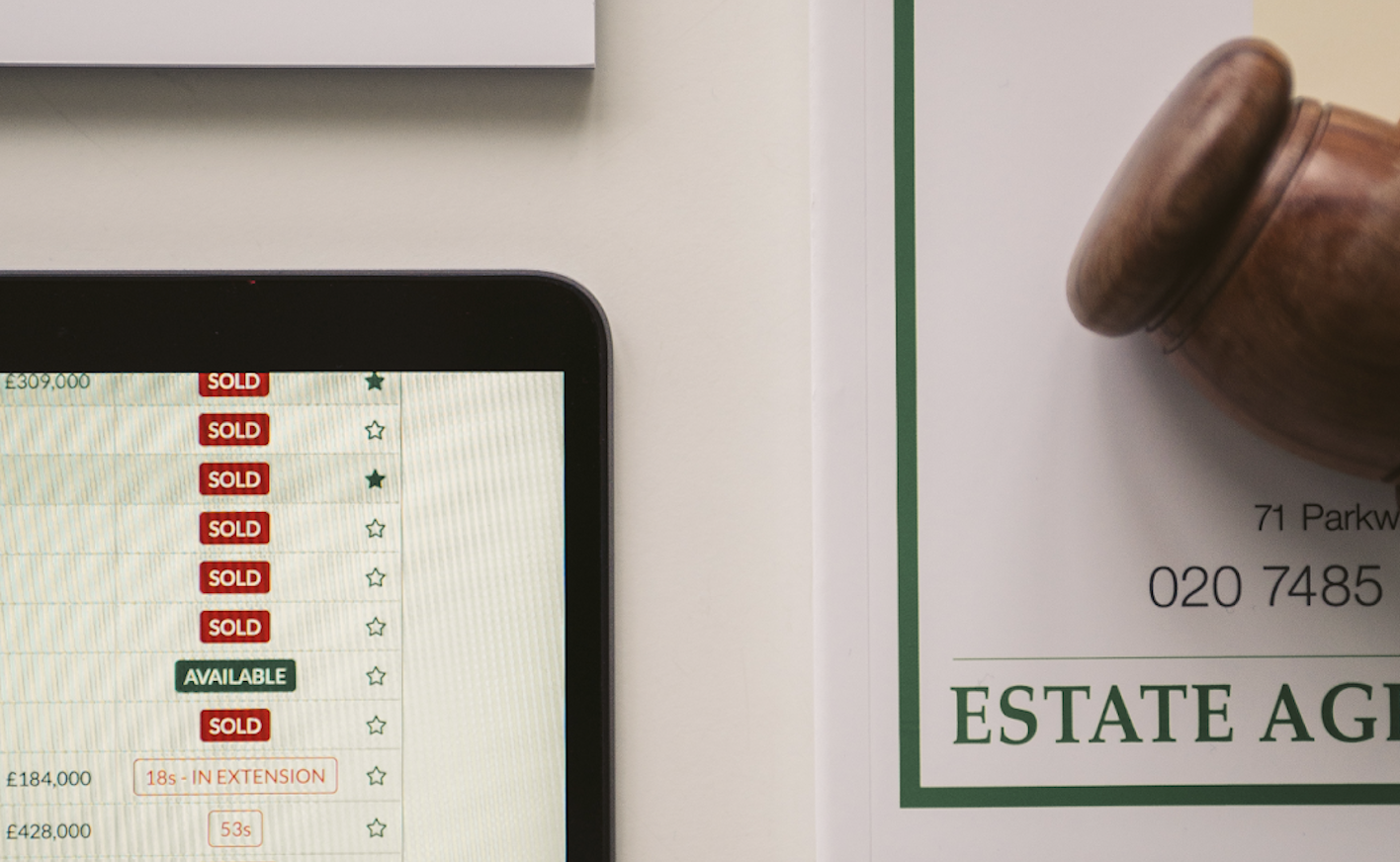Looking to sell your house at auction? Wondering how to auction a house effectively? This comprehensive guide walks you through the process of selling a probate property through McHugh & Co’s online auction service – a fast, transparent, and efficient way to secure a sale.
Instead of waiting months for a buyer through traditional methods, an auction provides a structured process with fixed timelines and legally binding agreements. If you’re thinking, “I want to sell my house at auction,” this guide covers everything you need to know.
Step 1: Understanding Property Value
Before listing a probate property for auction, it’s essential to determine its true market value:
- A professional valuation provides a clear picture of what the property is worth
- Online valuation tools offer a rough estimate, but a local estate agent or auctioneer can assess unique factors
- Setting a realistic price attracts competitive bidding when selling your property at auction
- McHugh & Co provides expert guidance on current market conditions
Step 2: Choosing the Right Auction House
Not all auction houses are the same. When you decide to sell a house at auction, choosing a firm with experience in probate property sales is crucial.
McHugh & Co offers:
- Specialisation in London & Nationwide property auctions
- A vast network of buyers, ensuring competitive bidding
- Online auction capabilities, providing an efficient process
- Properties listed on all major property portals such as Rightmove, Zoopla & Onthemarket giving maximum exposure.
Step 3: Preparing the Property for Sale
Ensuring everything is in place before the auction helps attract serious buyers and avoids unnecessary delays when selling a house at auction.
A solicitor should prepare a legal pack, including:
- Title deeds
- Probate grant
- Planning permissions
- Property searches
A thorough physical inspection helps identify any necessary repairs. While full renovations are rarely needed, minor touch-ups can make the property more appealing – a clear and well-presented property is more likely to attract bidders.
The auction house will create a detailed listing featuring high-quality photos, Virtual tour and a description, allowing buyers to assess the property before bidding.
Step 4: Setting a Reserve Price
A reserve price is the minimum amount a seller is willing to accept when they sell a house at auction. Setting this correctly is key to a successful auction:
- A competitive reserve price encourages more bidders and can drive up the final sale amount
- McHugh & Co advises on market trends to ensure the reserve is realistic
- Once bidding meets or exceeds the reserve, the sale is legally binding
Step 5: Organising Viewings
Allowing potential buyers to inspect the property before auction day increases interest and competition:
- Scheduled viewings help buyers assess the property’s condition and potential
- Well-attended viewings often leads to higher bids on auction day
Step 6: Auction Day – The Bidding Process
On auction day, the excitement begins. When learning how to auction a house, understanding the bidding process is crucial: the auction moves quickly, with each property having a scheduled end time as buyers place their bids in real time. If the bidding surpasses the reserve price, the highest bidder secures the property. Once the auctioneer’s countdown timer ends (after any bidding extension windows), the sale becomes legally binding, eliminating any risk of the buyer withdrawing from the purchase.
Step 7: Completing the Sale
After a successful auction:
- The winning bidder pays a 10% deposit immediately
- The remaining balance is due within 28 days – completion times may vary and the deadlines can be found in the special conditions of sale in the legal pack
- The solicitors finalise ownership transfer, ensuring a smooth transition
Since auction sales rarely fall through, this process is much faster and more secure than traditional selling methods.
Why an Online Auction Works for Selling Your House at Auction
Selling a house at auction – particularly a probate property – offers speed, certainty, and competitive pricing:
- Quick Sale – No waiting months for offers
- Certainty – Once the auction ends, the sale is legally binding
- Fair Market Value – Multiple bidders can push the price higher than expected
- No Chains – Auctions eliminate the risk of sales falling through
For those looking to sell a house at auction, McHugh & Co’s Probate Online Auction service provides expert guidance, market reach, and ordered process from start to finish.

Contact us today to get started:
Tel: 020 7485 0112
onlineauctions@mchughandcompany.co.uk

Leave a Reply